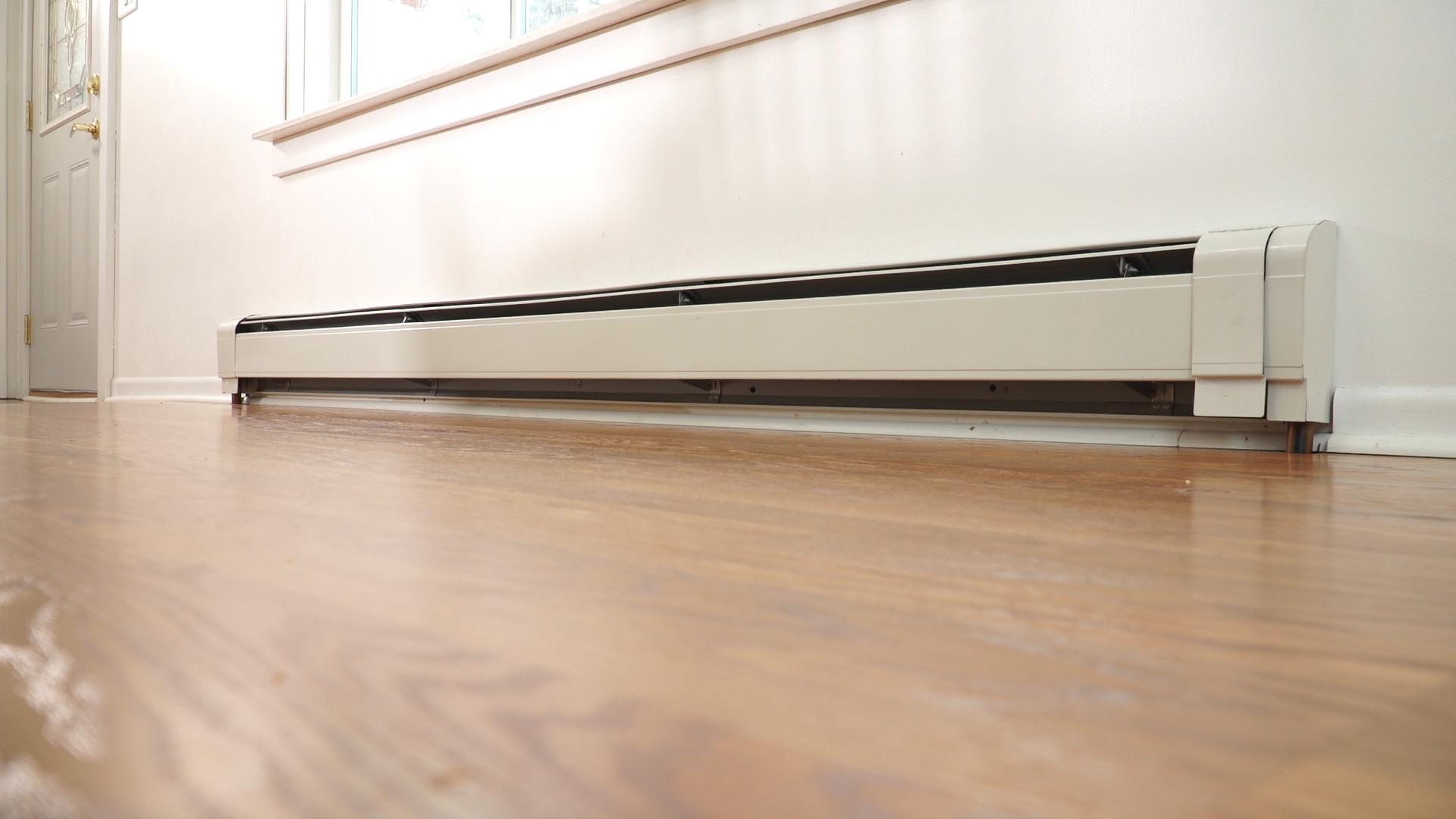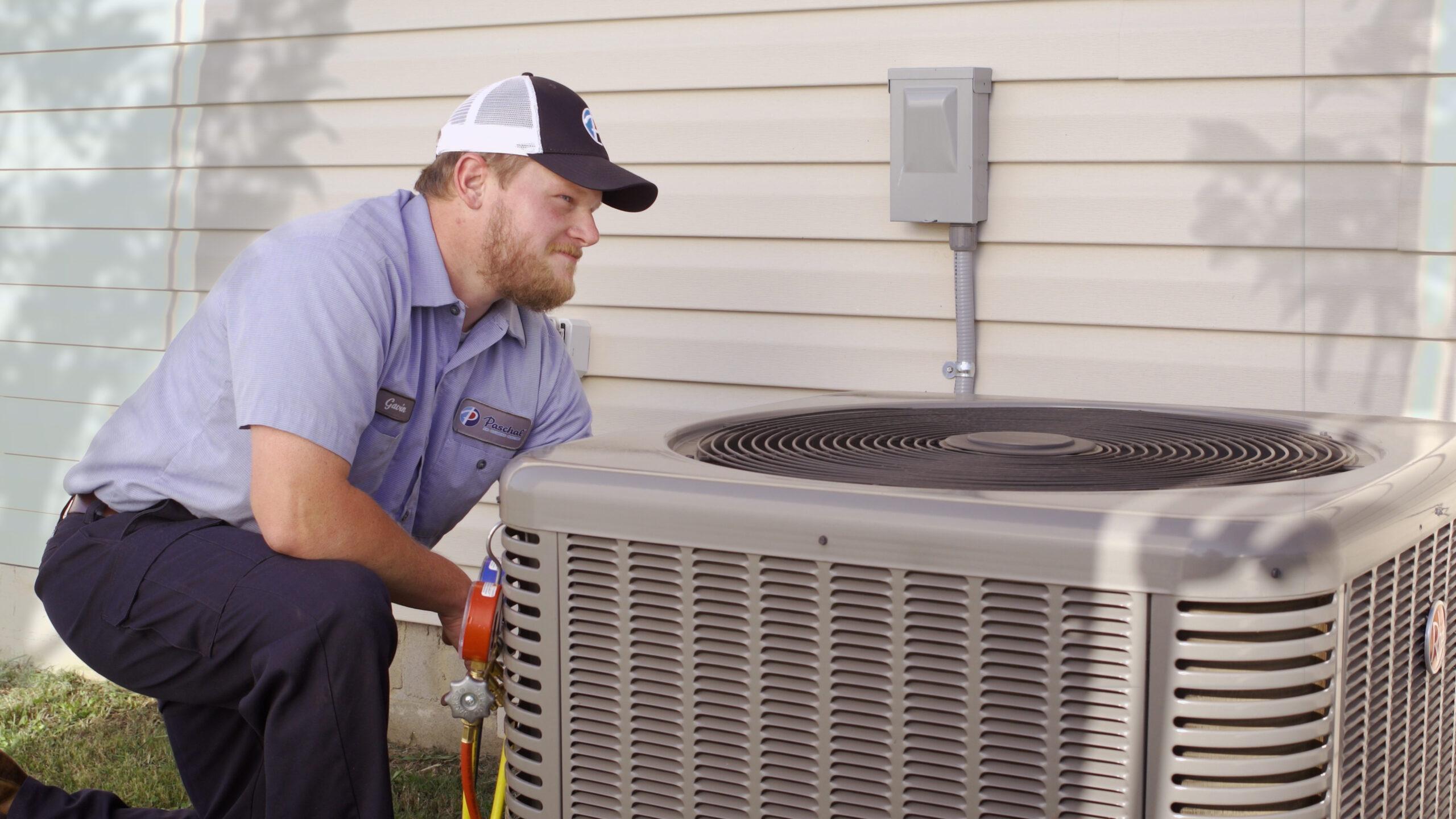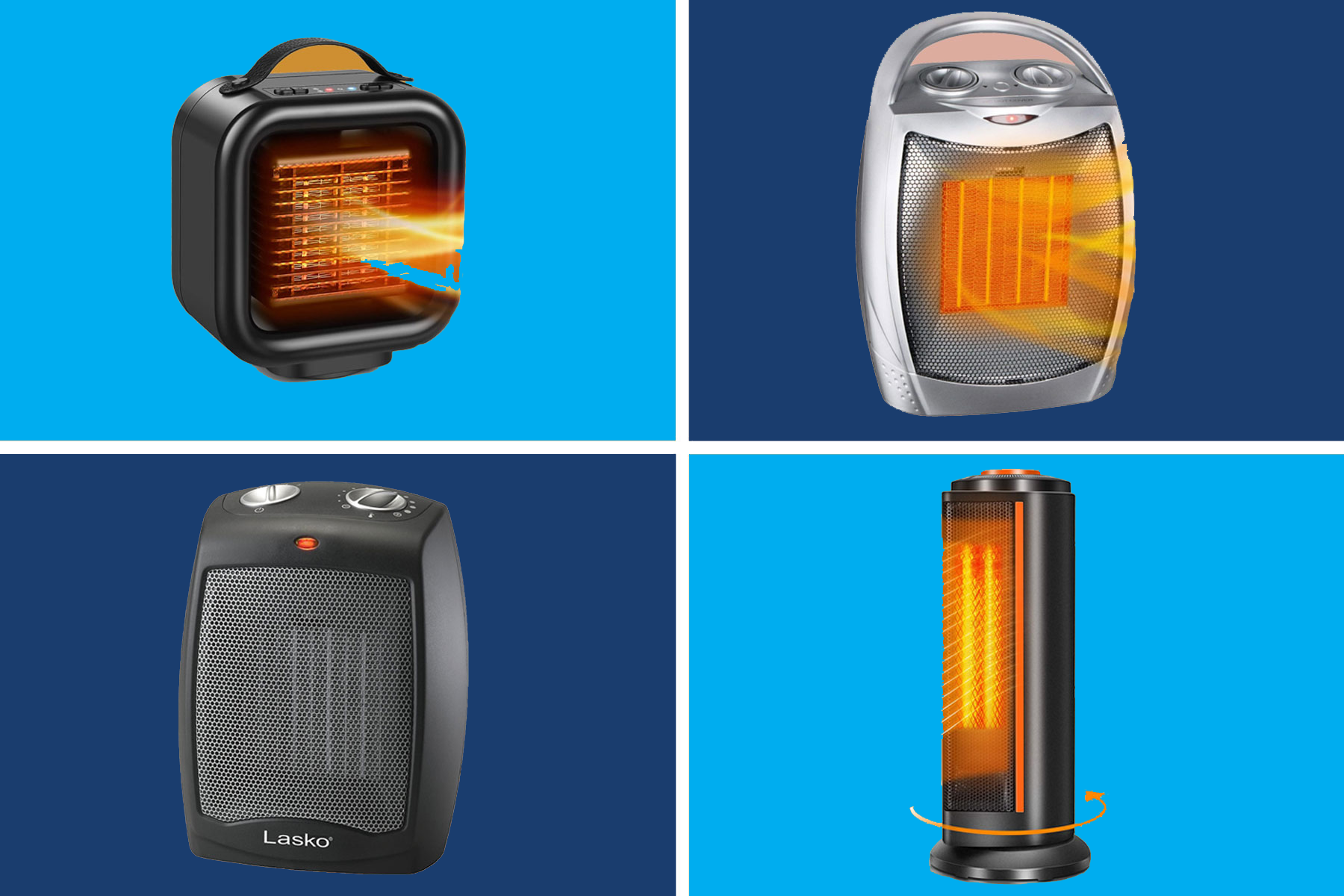Want to save with Paschal? Don’t miss our current offers and specials

Want to save with Paschal? Don’t miss our current offers and specials
Return to Paschal Resource & Education Hub

Imagine walking into your living room on a cold winter day, and the first thing you notice is the chilly draft coming from your baseboard heating unit. Despite the added cost of baseboard heating systems, they don’t always provide the warmth you need, leaving you in discomfort.
Fortunately, there are several alternatives to baseboard heating that can keep your home warm and cozy during the winter months. In this comprehensive guide, we will explore these alternatives and help you find the best heating solution for your home.

Forced air heating is one of the most popular alternatives to baseboard heating. This type of heating system works by using a furnace to heat air, which is then circulated through ducts into your home.
One of the primary advantages of forced air heating is its ability to provide even heating throughout your home. It’s also efficient, cost-effective, and can be easily integrated with air conditioning systems.
If you don’t have a properly designed and installed duct system, you may not get the full benefits of forced air heating. For example, if your ductwork is leaky or poorly insulated, you may lose heat before it even reaches your rooms. This can lead to higher energy bills and less efficient heating.
Ductless HVAC systems, also known as mini-split systems, are a good alternative to baseboard heating that can provide efficient and flexible heating and cooling. Unlike forced air heating, which uses ducts to distribute warm air throughout your home, ductless systems use individual air handlers installed in each room to provide targeted heating or cooling.
One of the main advantages of ductless systems is their flexibility. Because each air handler operates independently, you can set different temperatures in different rooms to meet the specific needs of each space. This can be especially useful for larger homes or homes with multiple levels, where temperature variations can be a challenge with traditional heating systems.

Ductless systems are also very energy-efficient. Because they don’t rely on ductwork to distribute air, there is less energy lost through leaks or poorly insulated ducts. Additionally, because you can set different temperatures in different rooms, you can avoid heating or cooling rooms that aren’t being used, which can save energy and reduce your utility bills.
Another advantage of ductless systems is their ease of installation. Because they don’t require ductwork, they can be installed quickly, with minimal disruption to your home. Additionally, because the outdoor unit can be placed up to 50 feet away from the indoor units, you have more flexibility in where the system can be installed.
Radiant heating is another alternative to baseboard heating that is gaining popularity among homeowners. This type of heating works by using electric or hydronic systems to heat the floor, walls, or ceilings of your home.
One of the primary advantages of radiant heating is its ability to provide even, comfortable heating without the need for bulky heating units. It’s also efficient, energy-saving, and can be easily integrated with smart home systems. However, radiant heating can be costly to install and requires professional installation. It’s also not suitable for all types of flooring, which may limit your options.
Heat pumps are another alternative to baseboard heating that can provide efficient heating for your home. This type of heating works by using electricity to transfer heat from the air or ground into your home.
One of the primary advantages of heat pumps is their energy efficiency, as they can produce up to three times more heat than the energy they consume. They’re also eco-friendly, low maintenance, and can be used for cooling during the summer months.
Unlike traditional heating systems that generate heat through combustion, heat pumps simply move heat from one place to another. This means that they can provide up to three times more heating energy than the electricity they consume.
However, the efficiency of a heat pump can be affected by the temperature outside. As temperatures drop, the amount of heat that can be absorbed from the air or ground decreases, which means that the heat pump may have to work harder to maintain your desired indoor temperature. This is why it’s important to choose a heat pump that’s appropriate for your climate and to have regular maintenance and inspections to ensure that it’s working efficiently.

Another consideration with heat pumps is their ability to provide both heating and cooling. Heat pumps can be reversed to cool your home in the summer, which means that you can have year-round comfort with just one system. This can be especially convenient for homeowners who live in areas with mild climates.
Overall, heat pumps can be an efficient and convenient alternative to baseboard heating. However, it’s important to choose the right size and type of heat pump for your climate, and to have regular maintenance and inspections to ensure that your system is working efficiently and providing year-round comfort.
New heat pumps may qualify for up to $2,000 in tax incentives. Tap here to learn more.
Electric space heaters are a portable and cost-effective alternative to baseboard heating. They work by using electricity to generate heat and can be moved from room to room as needed.
One of the primary advantages of electric space heaters is their portability and ease of use. They’re also affordable, energy-efficient, and can be used to supplement other heating systems. One thing to keep in mind is that electric space heaters can be a fire hazard if not used properly. They also require an electrical outlet and may not provide enough heat for larger rooms or homes.

Baseboard heating is a popular heating solution for many homeowners, but it’s not always the most efficient or cost-effective option. Fortunately, there are several alternatives to baseboard heating that can provide comfortable and even heating throughout your home.
Forced air heating, radiant heating, heat pumps, and electric space heaters are just a few of the many alternatives available to homeowners. By exploring these options and working with a professional heating contractor, you can find the best heating solution for your home and enjoy a warm and comfortable living space all year round. For your free consultation on the right heating method for your home, contact the professionals at Paschal Air, Plumbing & Electric today.